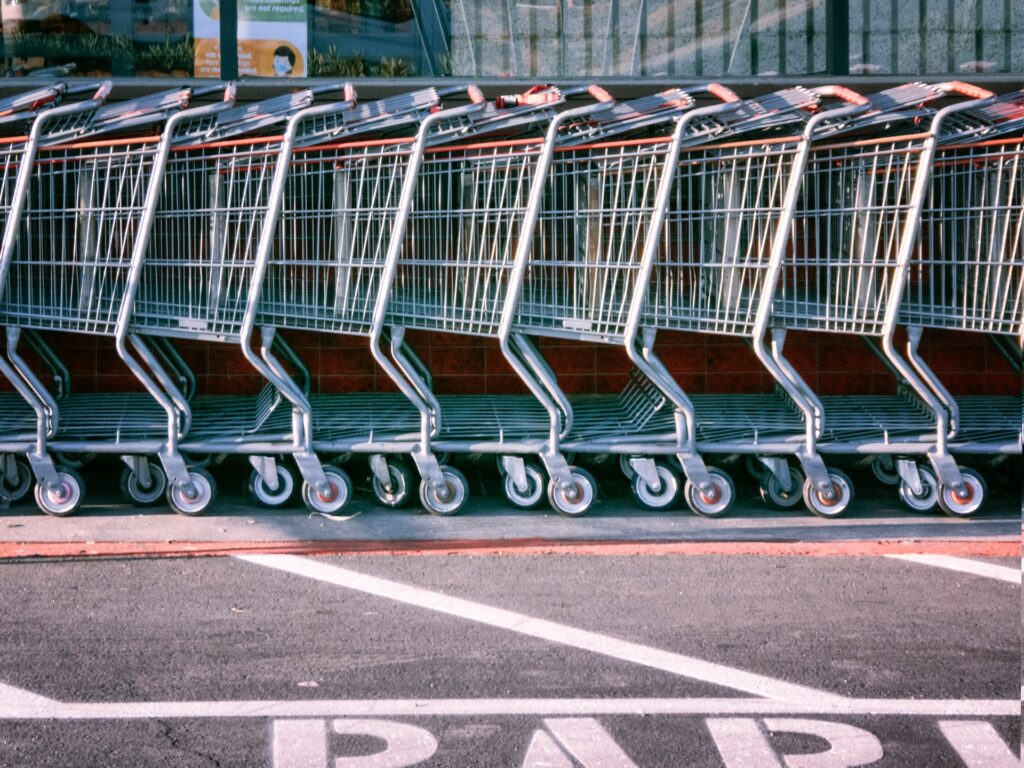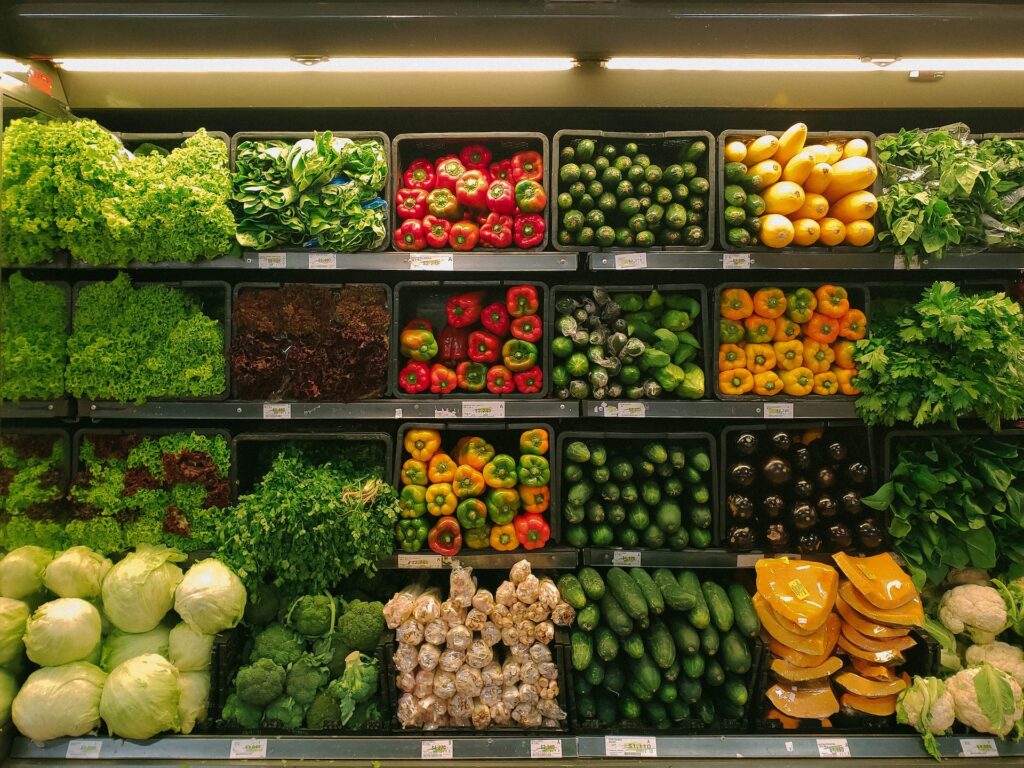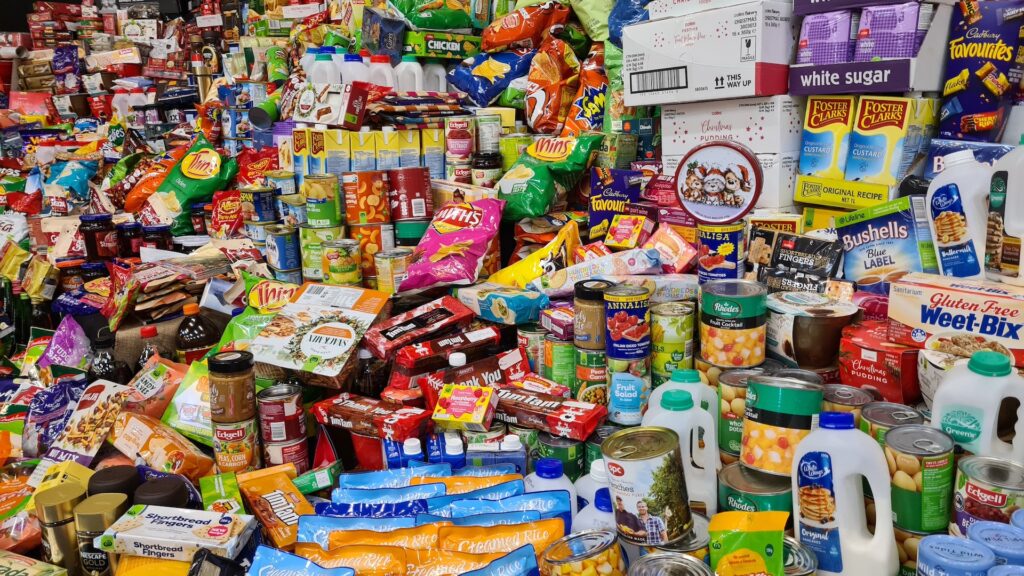Why Are The Grocery Prices So High In New Zealand?
Have you heard the news that even though the inflation is raging and prices are rising, especially the grocery prices, The Warehouse is reducing prices on food staples? It’s pretty awesome news for anyone who has been stressed about the rising prices, but it could also be a major deal when it comes to supermarket prices in general in New Zealand.
The why behind high grocery prices
A study conducted by the Commerce Commission NZ (results published in March 2022) found that competition in the supermarket sector in New Zealand isn’t effective.
This is mainly because of the existing duopoly of Foodstuffs (New World, Pak’nSave, 4 Square etc.) and Woolworths NZ (Countdown, Supervalue, FreshChoice).
Duopoly means that the market is dominated by two different companies, and they make it hard for new companies to enter the market. Monopoly on the other hand would be when one company controls the market.
But if there is two companies, there should be competition, right? Well, just with two companies they have clearly found a price level both are happy with to maintain their profits, and neither has incentive to try to lower the prices below that.
The big problem here is also that Foodstuffs and Woolworths have too much control over the entry to the market. This means that even if someone tried to set up a new supermarket, the existing companies control the supplier contracts for example.
This means that they are probably able to pay a higher unit price for products (due to the higher prices they charge the end customer) and they order higher quantities. Suppliers might be unable (or unwilling) to take on a new customer.

(Fun fact: The sale of alcohol is a monopoly in Finland. The Finnish government owns a company called Alko, that fully controls the sale of alcohol (over 5.5% percent alcohol specifically). The supermarkets have sold beers and ciders for a long time now, but anything else you had to go to Alko to buy. Only in the past few years the sale of wines has been released to supermarkets as well. There’s a historic reason for this. The levels of alcohol consumption in Finland has been a concern for centuries, which actually resulted in Prohibition Law in the early 1900s. The law made it illegal to sell or make alcohol, but resulted in alcohol smuggling from overseas. The law lasted a little bit over 10 years before it was abolished after a referendum. Afterwards the government set up Alko to control the alcohol sale market. Alcohol related issues continue to be a problem in Finland.)
What could be the answer
What’s my point?
Well, the Commerce Commission NZ recommends that it should be made easier to enter the supermarket industry as a newcomer and compete with Foodstuffs and Woolworths NZ.
This is where The Warehouse has clearly seen their chance. While they’re not trying to become another supermarket, they definitely have the capacity to expand their offering, AND offer grocery prices that are lower than other supermarkets currently do.

Why could competition be the answer
In theory, adding competition has the power to push prices down.
For example, all other things being equal, would you buy milk for $3 or $3.96?
As a seller, would there be any point to sell milk for $3.96 if someone else is selling it cheaper?
There would be more profit per bottle of milk yes, if someone bought from you, but most people would be buying the cheaper milk. Therefore the seller with a lower price will end up with the higher overall profit, despite the lower selling price.
Groceries in general are a category where demand is steady due to necessity.
This just means that demand (how many people want to buy a certain item) doesn’t really have a big impact on prices.
Competition on the other hand does.
Since everyone has to buy groceries to some extent, sellers need to attract buyers to choose them instead of the competition.
There’s only so much you can do to milk to make it different from the milk that your competition sells, so prices are huge in attracting customers.
(Other things are obviously a factor too, but I’m just wanting to simplify to make a point.)
Just think about the question I asked previously: would you buy milk for $3 or $3.96 if everything else was the same?

Grocery prices won’t go down instantly
While I don’t think that The Warehouse entering the groceries market is the magic pill to get the prices down, it is interesting to see how they will go and if it will put downward pressure in the prices of essentials across the board.
Also, hopefully the recommendations of Commerce Commission, will start to happen and we will see new supermarkets enter the market. THEN supermarket prices could start to come down.
In the meantime, it is reassuring to know that there is a new option to get your essentials cheaper by shopping at The Warehouse!
If you’re interested, I talk more about demand and value in here!
Can you see yourself purchasing groceries from The Warehouse? I would love to hear your thoughts down below!







